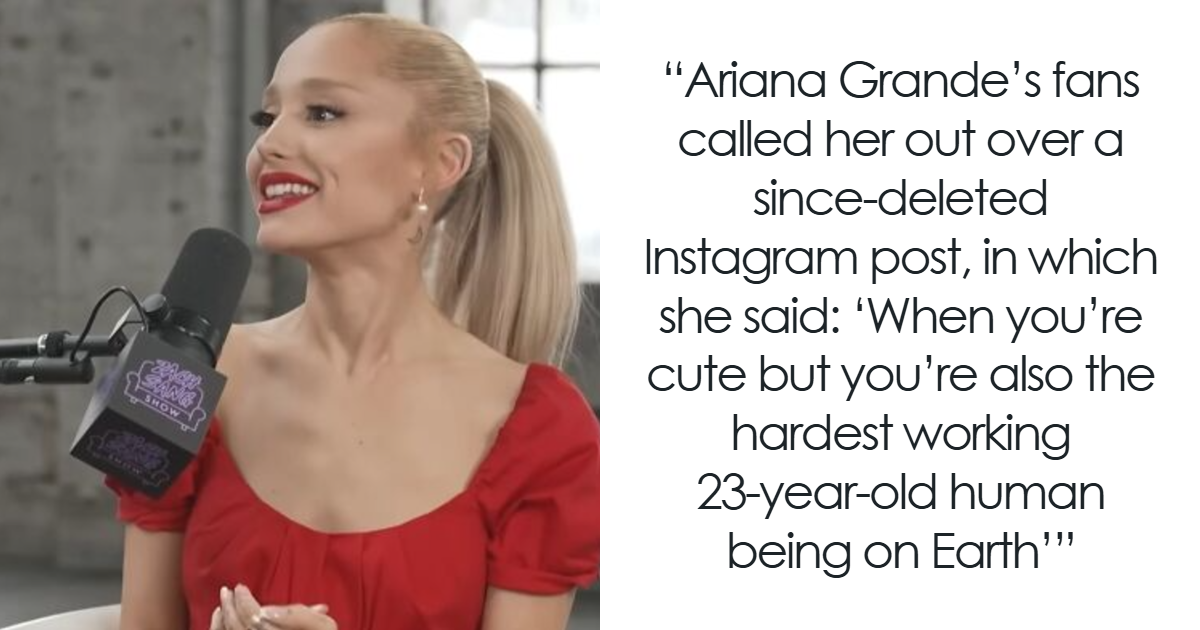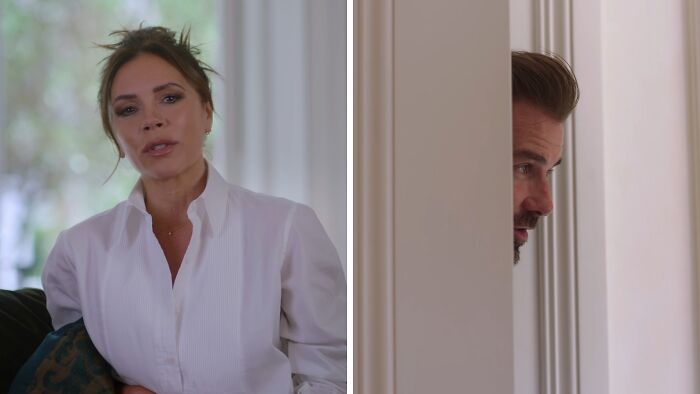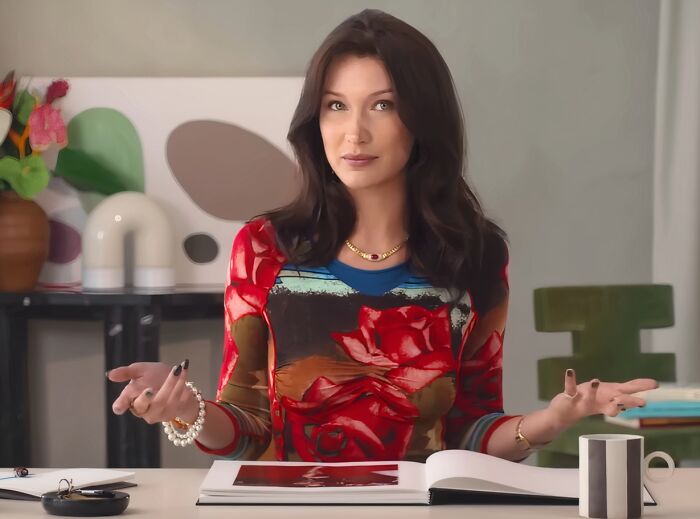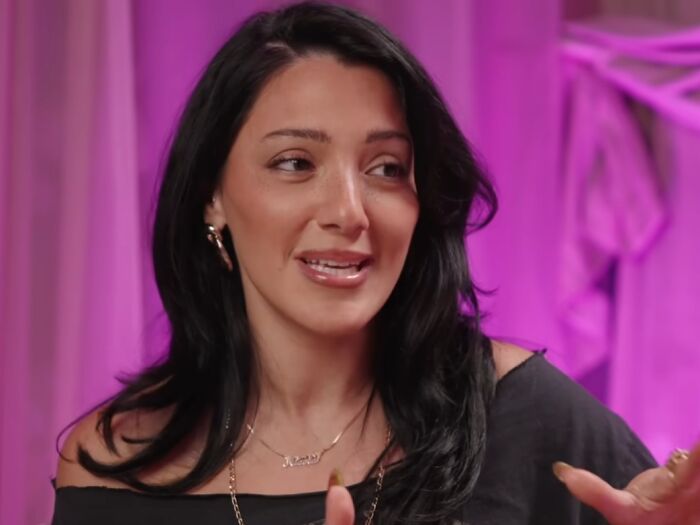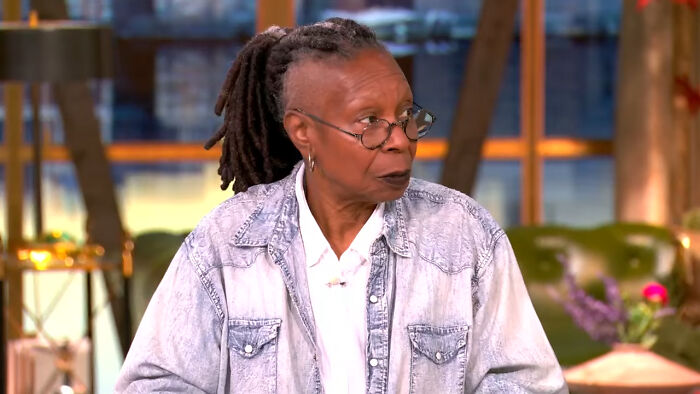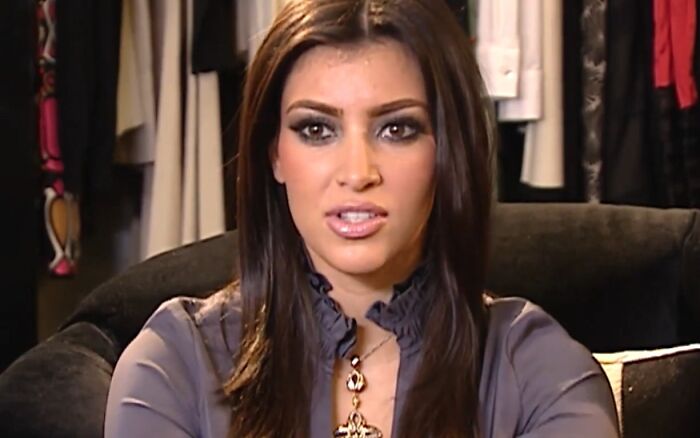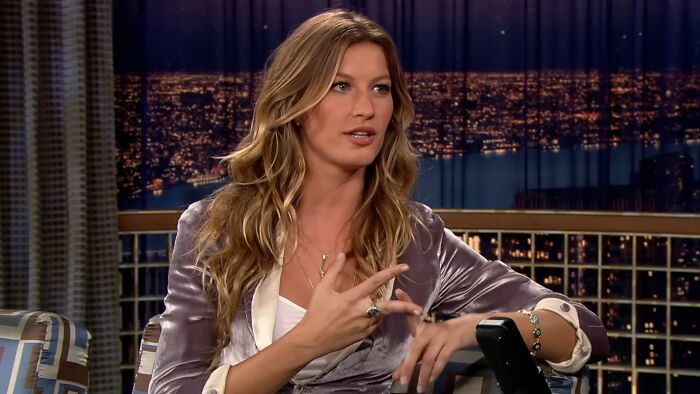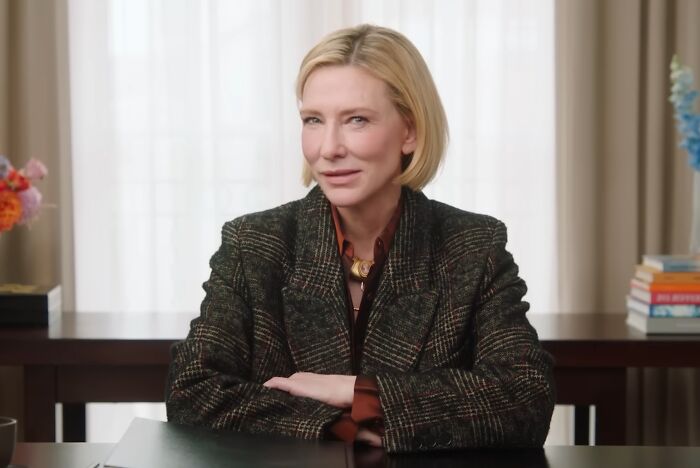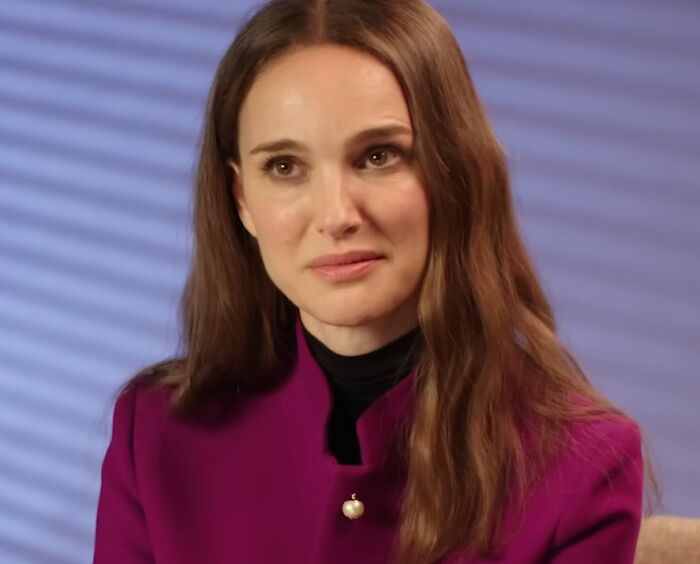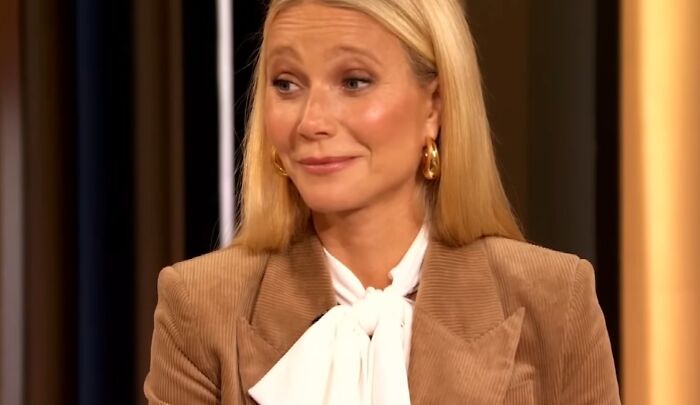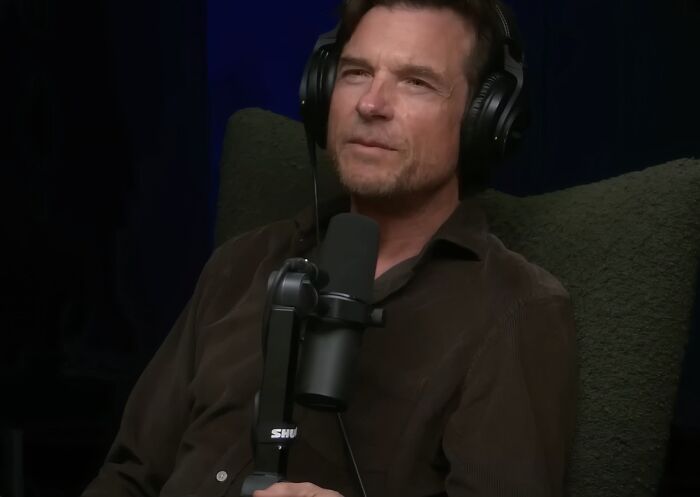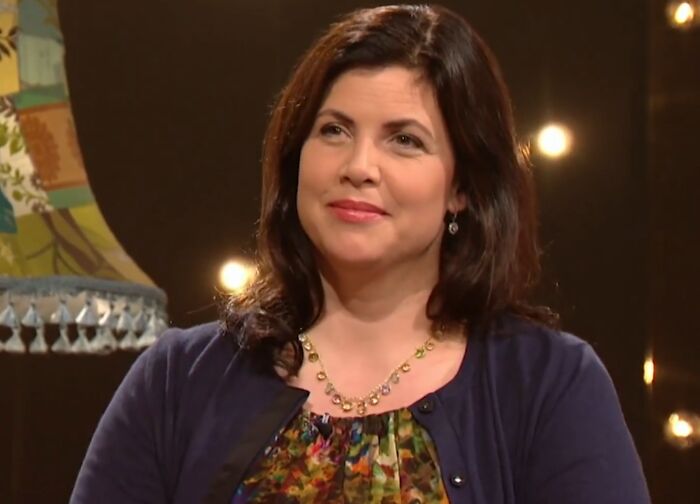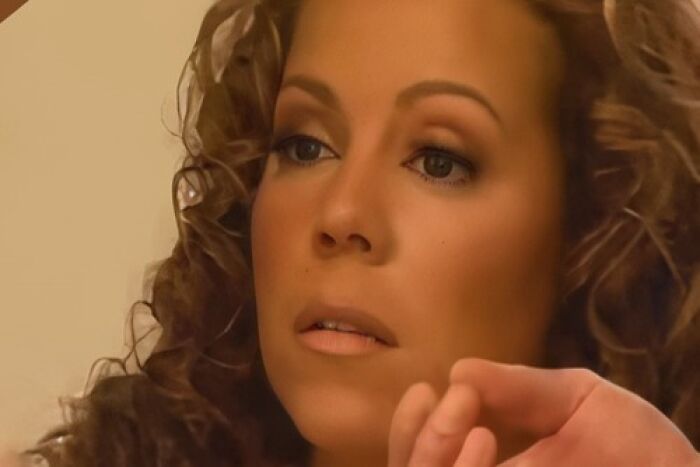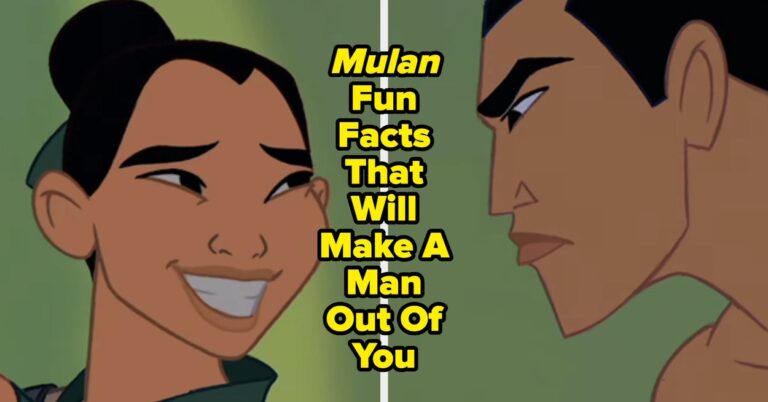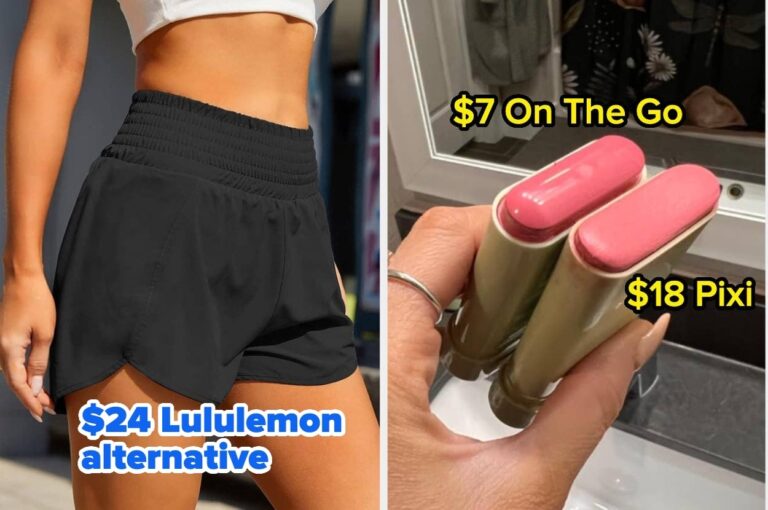35 Times Celebrities Showed How Entitled They Really Are By Talking About Work And Life
Nothing says “I understand the common person” quite like a celebrity worth millions (or even billions) explaining why poor people just need to work harder. Where once these sorts of unhinged thoughts would never see the light of day, social media has given us all easy access to what famous people actually think, and, as it turns out, it’s sometimes just detached from reality.
So, we’ve gathered some of the most out-of-touch things celebrities have ever said. Get comfortable as you scroll through, upvote the most tone-deaf examples you see and be sure to share your own thoughts in the comments down below.
“When you’re cute but you’re also the hardest working 23-year-old human being on earth.”
On social media, fans pointed out that, around the world, there are other 23-year-olds who are “making 60 cents a day trying to provide for their families” or “working four jobs to stay in their tiny apartments.”
if (!BoredPanda.Config.isTabletWidth) {
if (BoredPanda.Config.departments.includes(‘main-editorial’)) {
pdID = BoredPanda.Config.experimentVariation < 2 ? 118361 : 118363;
} else if (BoredPanda.Config.departments.includes('news')) {
pdID = BoredPanda.Config.experimentVariation < 2 ? 117965 : 117967;
} else {
pdID = BoredPanda.Config.experimentVariation < 2 ? 116845 : 120299;
}
} else if (BoredPanda.Config.isTabletWidth) {
if (BoredPanda.Config.departments.includes('main-editorial')) {
pdID = BoredPanda.Config.experimentVariation < 2 ? 118540 : 118541;
} else if (BoredPanda.Config.departments.includes('news')) {
pdID = BoredPanda.Config.experimentVariation < 2 ? 118537 : 118538;
} else {
pdID = BoredPanda.Config.experimentVariation < 2 ? 118535 : 120301;
}
}
if (BoredPanda.Config.bpVersion === 'news') {
pdID = 119689;
}
trfData = BoredPanda.TrafficSources.getData();
_subIdParts = [
BoredPanda.Config.postId,
BoredPanda.Config.pos.filter((t) => !t.includes('_')).join('_'),
trfData.source.replace(',', '').substr(0, 20),
trfData.medium.replace(',', '').substr(0, 20),
trfData.campaign.replace(',', '').substr(0, 20),
];
subId = _subIdParts.join(',');
if (!BoredPanda.Config.isMobileWidth) {
(function (d, s, b) {
var mElmt, primisElmt = d.createElement('script');
primisElmt.setAttribute('type', 'text/javascript');
primisElmt.setAttribute('async', 'async');
primisElmt.setAttribute('src', s);
var elmtInterval = setInterval(function () {
mElmt = d.getElementById(b);
if (mElmt) {
mElmt.parentNode.insertBefore(primisElmt, mElmt.nextSibling);
mElmt.parentNode.removeChild(mElmt);
return clearInterval(elmtInterval);
}
}, 20);
})(document, 'https://live.primis.tech/live/liveView.php?s=' + pdID + '&subId=' + subId + '&playerApiId=bpbase_desktop', 'desktop-widget-loaded');
}
David Beckham then asked, “What car did your dad drive you to school in?
Victoria Beckham replied, “Okay. In the 80s my dad had a Rolls-Royce.”
“For people who want to go get a Filipino domestic worker, what are these ridiculous work contracts you’ve got to sign? But how can you have a servant in your house who gets to keep their passport with them? Where are we living? If they ran away and went back to their country, who’ll refund me? Even worse is that they get a day off every single week! What’s left?”
The phenomenon of celebrities making jaw-droppingly tone-deaf statements isn’t just occasional bad luck with microphones, it’s a predictable consequence of how fame and wealth fundamentally rewire someone’s brain and social reality. When you can afford to solve most of life’s problems by throwing money at them, it becomes genuinely difficult to understand why everyone else doesn’t just do the same.
Research shows that fame leads to “wealth, access, temptations, and concerns about family impact,” while creating psychological issues including “character-splitting, mistrust, isolation, and an unwillingness to give up fame.” This psychological transformation helps explain why celebrities often struggle to relate to everyday concerns like, say, whether to buy name-brand cereal or generic.
In her deposition, the singer reportedly described her as “F***ing hood rat who is suing me for money that she didn’t earn.” She said, “She’s just — she thinks she’s just like the queen of the universe. And, you know what, she didn’t want to be a slave to one, because in my work and what I do, I’m the queen of the universe every day.”
“I never, growing up, had anything designer. You know, my mom wouldn’t let me… I think I got my first pair of Louboutin’s when I graduated high school. It makes me emotional, actually, because I’m like… So happy in this picture.”
She claims critics who label her a “nepo baby,” saying that her success stems solely from her famous parents, Will Smith and Jada Pinkett Smith have no idea how hard she worked to be where she is today.
The most significant factor in celebrity reality distortion is what experts call the “bubble effect,” though it’s less like a protective bubble and more like living inside a snow globe where everyone around you is paid to shake it enthusiastically. When your daily interactions consist of people whose paychecks depend on telling you how brilliant your breakfast choices are, it’s easy to assume you’re equally brilliant about everything else, including poverty and minimum wage work.
Take Kim Kardashian, the aforementioned billionaire, who has mastered the art of saying exactly the wrong thing at the wrong time. In 2022, she told women in business: “Get your a** up and work. It seems like nobody wants to work these days.” This pearl of wisdom came from someone whose first job was organizing Paris Hilton’s closet.
Ali Wong said, “She was “still super duper cheap.”
Ellen said, “I am never going to have that attitude about money. I am always going to just get what I want, I’m going to do what I want. Because I know there is an abundance, and I will always have enough. And that’s how I live my life. You shouldn’t live your life in fear of money, ‘cuz you’re gonna manifest that.”
Niki: “I can pay it, but it’s a really high mortgage… what I’m dealing with now is, like, I’m paying my mortgage, but I don’t have really wiggle room anywhere else in my life.”
Niki: “There’s literally no money going towards me anymore. I can’t tell you the last time I had a shopping spree that wasn’t a sponsored video.”
She’s also complained about the hardships of privilege, explaining that “it’s actually probably harder we did grow up with this privileged life, but knowing that at a certain age we’re gonna be cut off and we can’t ask our parents for anything.” Yes, knowing you’ll only inherit millions instead of having unlimited access to daddy’s billions must be truly devastating.
“If I had all the money in the world, I would not be here, okay? So, I’m a working person, you know? My kid has to feed her family. My great-granddaughter has to be fed by her family. I know it’s hard out there.”
“I just think that it’s actually probably harder we did grow up with this privileged life, but knowing that at a certain age we’re gonna be cut off and we can’t ask our parents for anything. Already having that lifestyle growing up, we wanna maintain that. So it’s probably even harder for us, because a lot of people are doing nothing. And we were taught at a very young age that we’re gonna have to work, and we’re gonna have to fend for ourselves – and whatever lifestyle we want, we have to make that on our own.”
“Because you’re an employee of somebody else, mentally, it’s easier for you to disconnect after work so that you can enjoy all of your free time to the fullest without having to think about your job. Whereas, when you’re self-employed…you never stop thinking about it. You never get to disconnect. You never get to be like, ‘Oh, I’m done for now.’ It is so hard.'”
Even veteran media personalities aren’t immune to this disconnect. Larry King, during a 2020 interview, demonstrated just how far removed from ordinary life celebrity wealth can make someone when he rejected a guest’s answers about simple pleasures, telling him“Coffee and socks are not a luxury.” For most people, good coffee and comfortable socks absolutely are small luxuries, but when you can afford to have both delivered by helicopter if needed, your definition of luxury tends to shift dramatically upward.
“That’s the problem with today’s society, people want instant gratification where it’s, you know: ‘I want to do something, and [when] I wake up I want to look like this.’ I’m like, ‘Er, well, you know, for me to cure my panic attacks, it took months. I could have taken a pill, but I decided no. I’m going to wake up every morning, and I’m going to meditate and do breath work.’ It took months… Everything starts with discipline.”
The structural causes of this reality disconnect are both predictable and self-reinforcing. Extreme wealth creates economic insulation from the financial stresses that drive most people’s daily decisions. When money isn’t a constraint, it becomes nearly impossible to understand how financial limitations shape others’ choices and priorities. Celebrity wealth provides “access to healthcare” and protection “from illness,” creating experiences fundamentally different from average citizens who have to choose between medicine and groceries. This extends beyond healthcare to education, legal services, and basic conveniences.
“I’m White. I’m privileged. I’m middle class. And I think, you know, one can be accused of having a bit of a White savior complex. But to be perfectly honest, my interaction with refugees in the… field and also in resettled environments has totally changed my perspective on the world.”
Blanchett is reportedly worth $95 million.
“How blessed are we to be able to like… A lot of people obviously in this time have a cr*ppy situation. You know, they look at us and obviously, we’ve worked hard for where we’re at, so it’s like, you can’t feel bad for the things we have.”
The entertainment industry itself creates artificial social dynamics that make this worse. Fame creates “a perpetual need to keep their fame machine churning,” which requires celebrities to constantly perform and maintain their image. When your professional environment consists of people celebrating your every utterance and rarely challenging your ideas, maintaining realistic self-assessment becomes nearly impossible. The combination of psychological changes from power, structural isolation from ordinary life, economic insulation from common concerns, and professional environments that reinforce these dynamics creates a perfect storm for losing touch with reality.
In the caption, she said, “When your couch accidentally disconnects and you realize your maids aren’t doing deep cleaning. Found 2 socks too…”
“And so right now, my biggest goal professionally is probably to marry rich. Like I really don’t want to work anymore.”
“You can make decisions in a different way if you have a lot of money. But when you have nothing, you have a naivety, and a more fearless attitude because you have nothing to lose. To get money, you have to be successful, which means you have to work bloody hard, which I did. I paid myself £5,000 a year, paid off my debts, and learned more from the whole thing than anything else. I wasn’t ashamed, I just accepted it.”
“I think it’s kind of an exciting time. I mean, everyone is cutting back. It’s happening in every industry — including our own. All of a sudden, people are doing jobs that they hate, and they’re not making as much money as they thought they would, or they’ve lost their jobs entirely. I’ve started to see people looking more toward their own passions and what really excites them.”
“I think it’s different when you have an office job, because it’s routine and, you know, you can do all the stuff in the morning, and then you come home in the evening. When you’re shooting a movie, they’re like, ‘We need you to go to Wisconsin for two weeks,’ and then you work 14 hours a day, and that part of it is very difficult.”
“I’ve always secretly had a fantasy to be a waiter just so I could work each table to figure out what they need me to be to get the best tip. Like separate audiences, you know?” After Hayes brought up tip pooling — when restaurant workers combine their tips then divide them up between workers rather than each server keeping the tips they specifically got — Bateman asked, “Is that really the way it works?”
“When I bought my first property, going abroad, the easyJet, coffee, gym, Netflix lifestyle didn’t exist. I used to walk to work with a sandwich. And on payday I’d go for a pizza, and to a movie, and buy a lipstick. Interest rates were 15 percent; I was earning £11,500 a year… I don’t want to belittle those people who can’t do it. But there are loads of people who can do it and don’t. It is hard.”
She reportedly responded to a critic via Twitter, saying, “Either you think I’m an out-of-touch rich bi**h who doesn’t get how hard it is to buy a home in many parts of the UK or you don’t.”
“During the lockdown, we quietly sat at home for six months, wasted our lives and lost our time. But now, when the government is saying go out and work to support the economy, we are in the frontline again. It’s a high-risk profession, almost like working at a hospital.”
Interviewer, “Like electricity… a bill.”
Mariah Carey, “Oh you have to pay for that?”
Interviewer, “You don’t get it for free!”
Mariah Carey, “In America, we get it free.”
